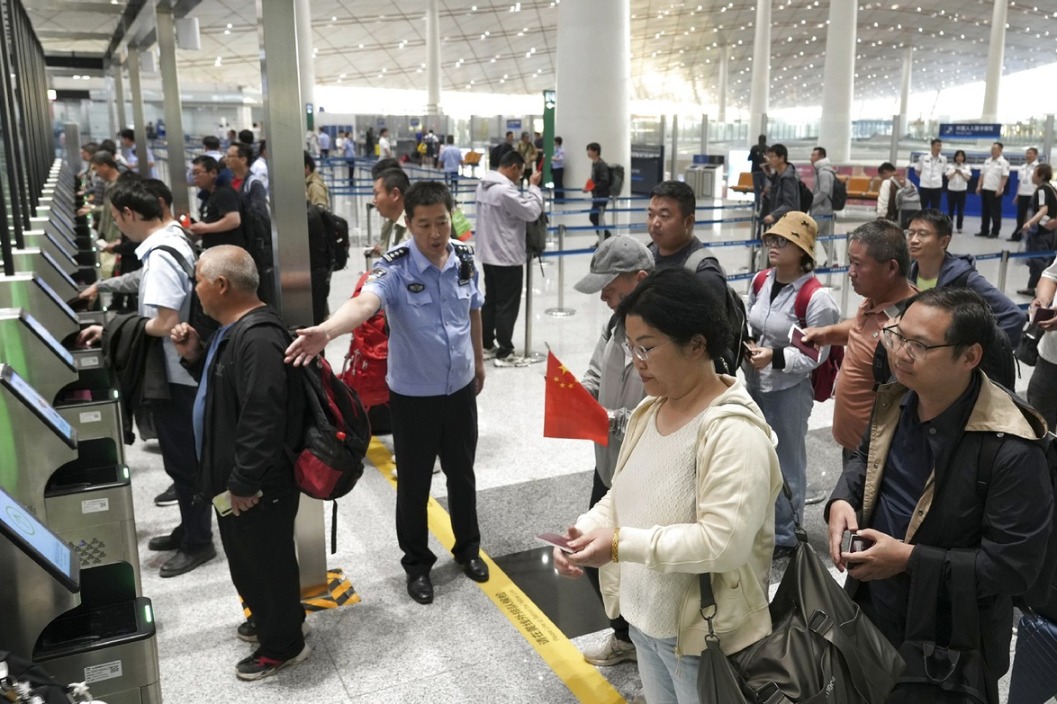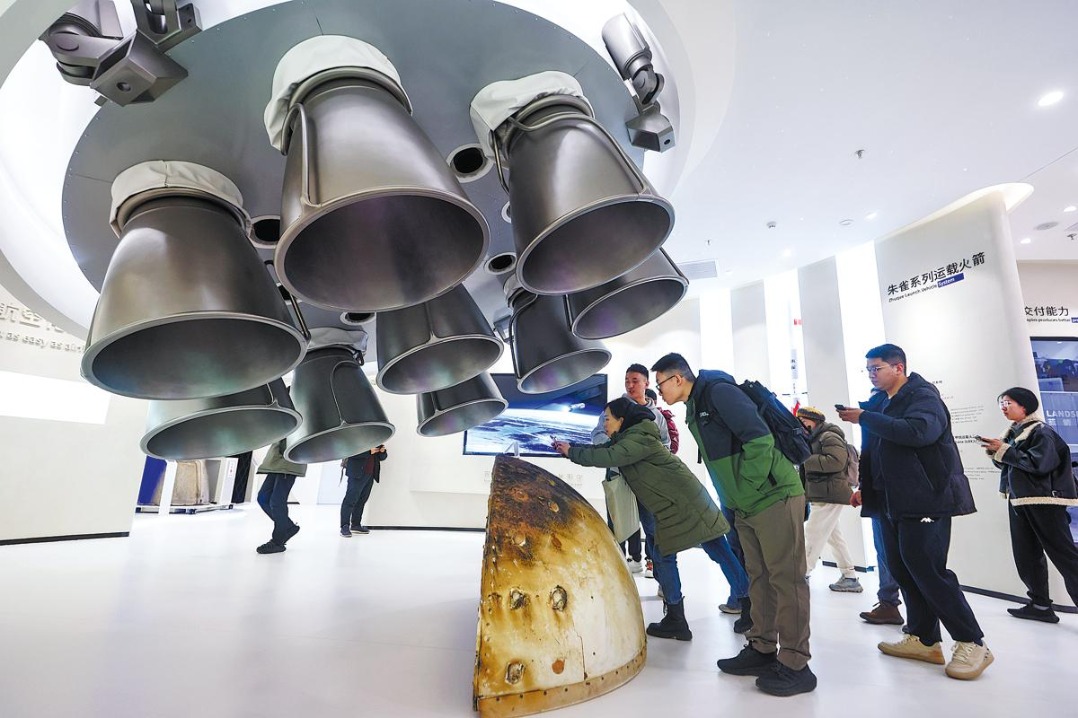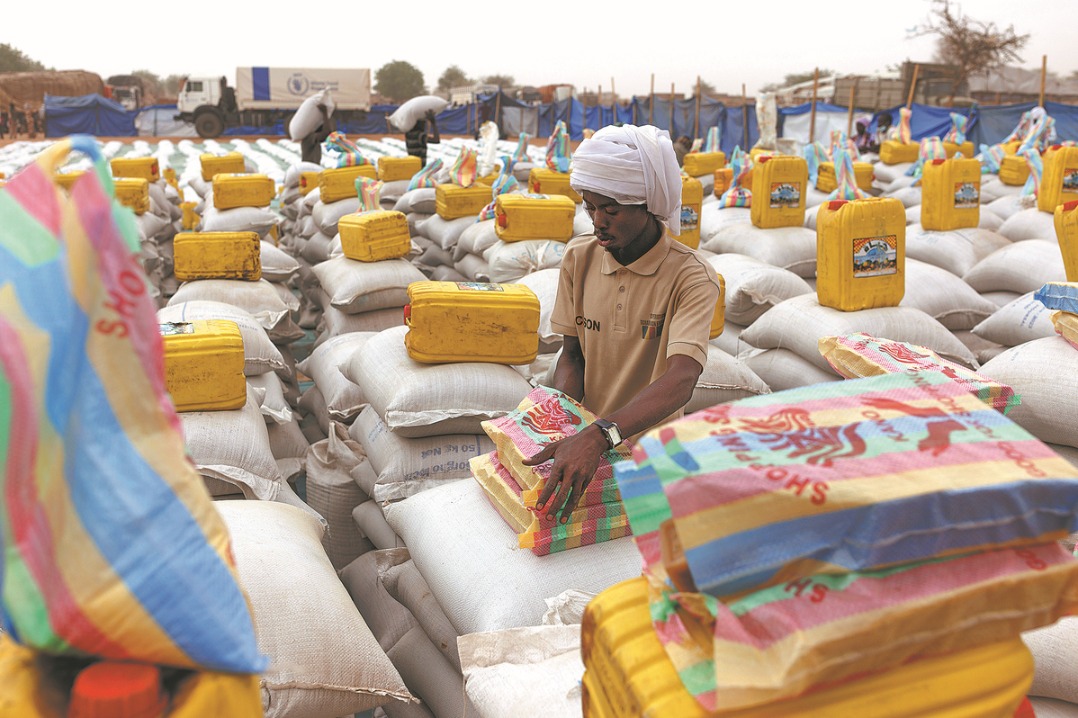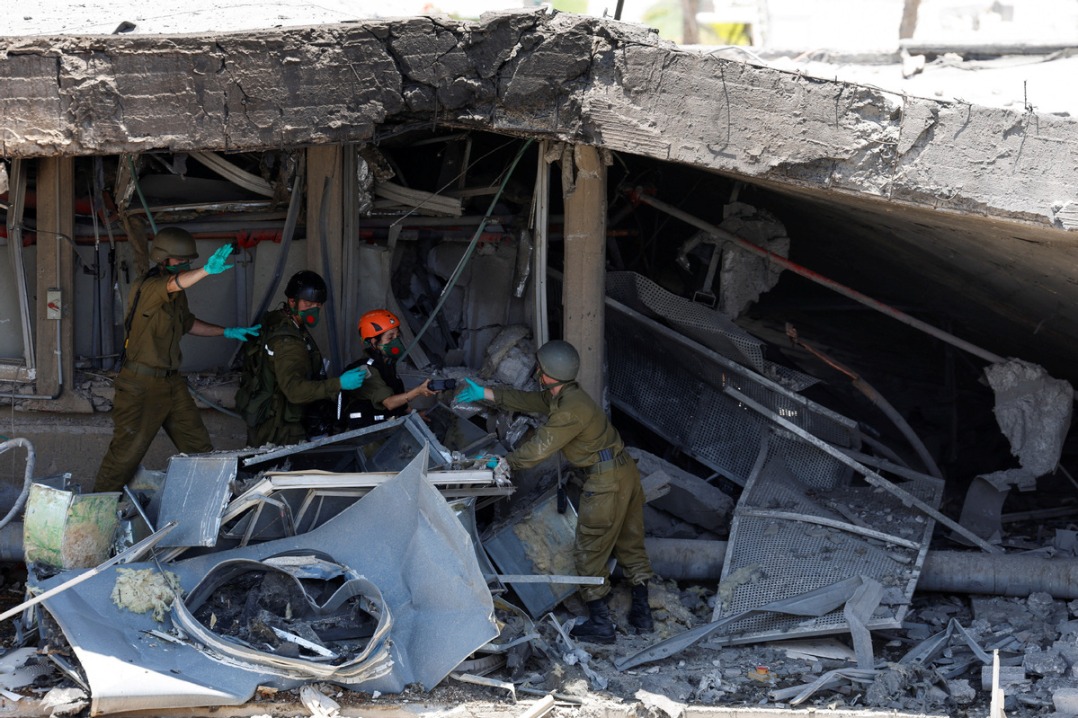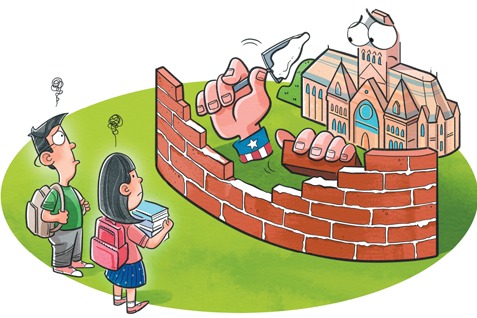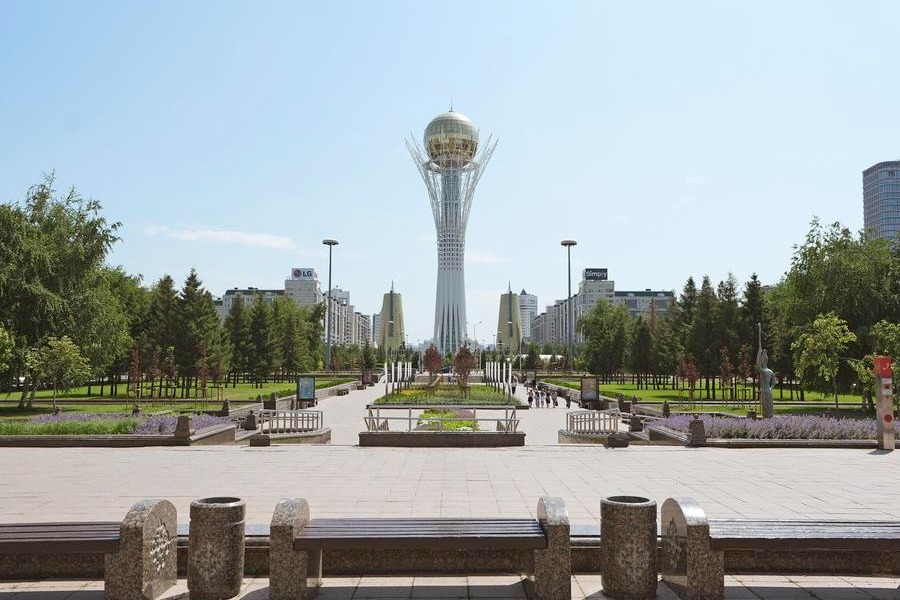Outlawed strikes on Iran's nuclear facilities have made very bad situation even worse: China Daily editorial


The United States' unilateral strikes targeting Iranian nuclear facilities at Fordow, Natanz and Isfahan constitute a reckless escalation and a flagrant violation of international law. This direct intervention in the volatile Israel-Iran conflict violates the sovereignty of Iran and the fundamental principles of the UN Charter. Such outlawed unilateralism sets a dangerous "might-makes-right" precedent.
Although Washington is suggesting that the move on Saturday is a contained one to prevent the Islamic Republic from producing nuclear weapons, it has all the hallmarks of another "washing powder" moment with Israel resolutely trying to drag the US into a war with Iran. As House Representative Hakeem Jeffries said, the US president didn't seek Congressional authorization for the use of military force and he therefore "shoulders complete and total responsibility" for the risks of entangling the US in a disastrous war. This marks a stark reversal from the US leader's "America First" campaign pledge to avoid foreign conflicts.
What the world should be concerned about now is the immediate consequences and implications of the strikes, which also breached multiple international laws and rules on nuclear security. The attacks may have already opened Pandora's box.
International law provides clear protection for nuclear facilities worldwide. Article 56 of the Protocol Additional to the Geneva Conventions expressly prohibits attacks on nuclear plants, because such attacks can cause nuclear leaks jeopardizing the lives of thousands of civilians.
That the International Atomic Energy Agency says there has been "no increase in off-site radiation levels" after US air strikes on Iranian nuclear sites might partly confirm Teheran's statement that the key nuclear materials and equipment from relevant sites had been transported away before the attacks. If so, the US has not done "the job", but has only made the situation worse.
The US attacks came amid intensive diplomatic efforts to reach a political resolution of the Iran nuclear issue. Although the US signaled that after the attacks its bilateral talks with Iran can continue, the attacks are likely to have derailed the process.
"The world must not forget that it was the United States — during an ongoing diplomatic process — that betrayed diplomacy by supporting the aggressive actions of the genocidal and lawless Israeli regime," Iran's Foreign Ministry said in a lengthy statement on Sunday stressing that Iran reserves its right to defend its security and national interests with full force.
Meanwhile, Iran's ambassador to the United Nations has asked for an emergency Security Council meeting on the US' "heinous attacks and illegal use of force", urging the UN body to "take all necessary measures" to hold the US accountable.
The attacks came at a time when Iran's increasingly effective response to Israel's aggression has pushed the latter to a breaking point, dragging their conflict in the direction of a war of attrition that Israel is in no position to wage. While the US' involvement may have seemed to help Israel reverse the situation, it has only served to push the situation further toward the abyss.
UN Secretary-General Antonio Guterres rightly warned the US' actions may have triggered an uncontrolled escalation with catastrophic humanitarian consequences for civilians already suffering across the Middle East.
The White House's threatening of more strikes "if peace does not come quickly", issued shortly after the bombings, starkly underscores this. And further conflict will inevitably undermine global stability by jeopardizing peace, energy security and disrupting critical shipping lanes, sending shock waves through the fragile world economy.
If the Strait of Hormuz and the Bab el-Mandeb Strait are blocked, 20 percent of the world's crude oil demand will be difficult to transport out of the Persian Gulf. And if some OPEC members support Iran, the possibility of weaponized oil supplies will increase significantly. And even though it is a net oil exporter, the US will still feel the ripple effects transferred to it by its trading partners, pushing up inflation.
As the world stands on the brink of a cataclysm, it is imperative that reason prevails. China strongly condemns the US attacks, and calls on all parties to the conflict to cease fire, ensure the safety of civilians, and start dialogue and negotiations. It is willing to work with the international community to uphold justice, and make efforts to restore peace and stability in the Middle East.

















